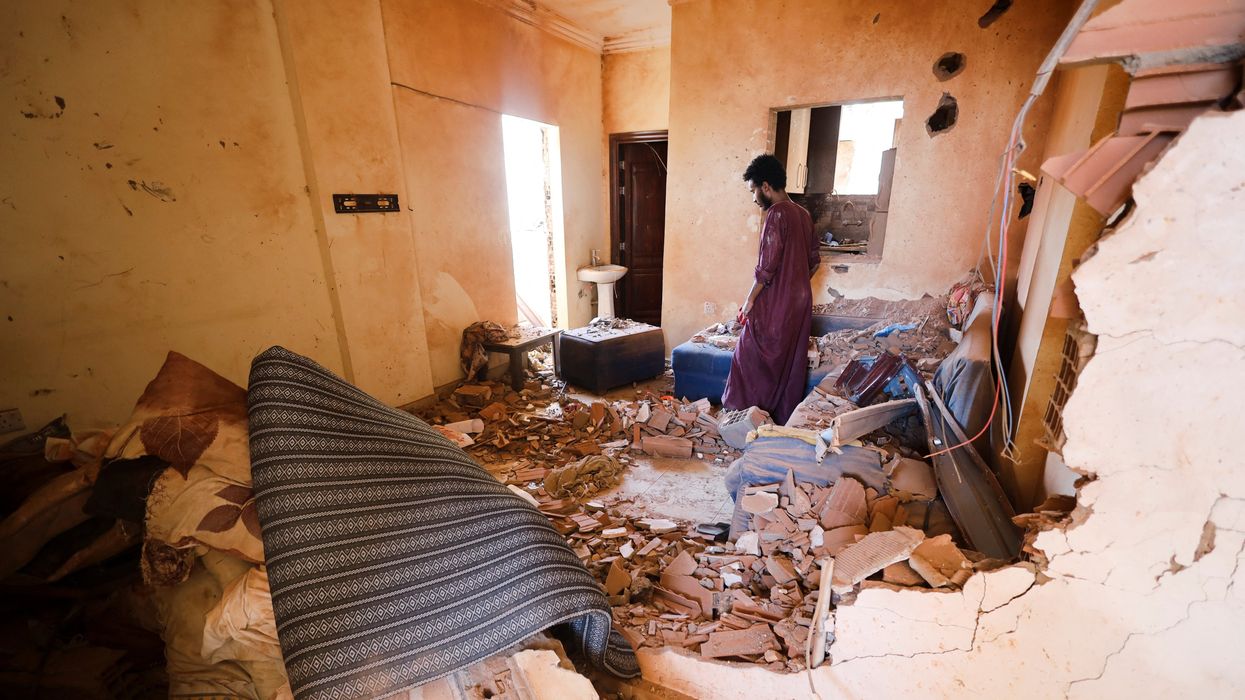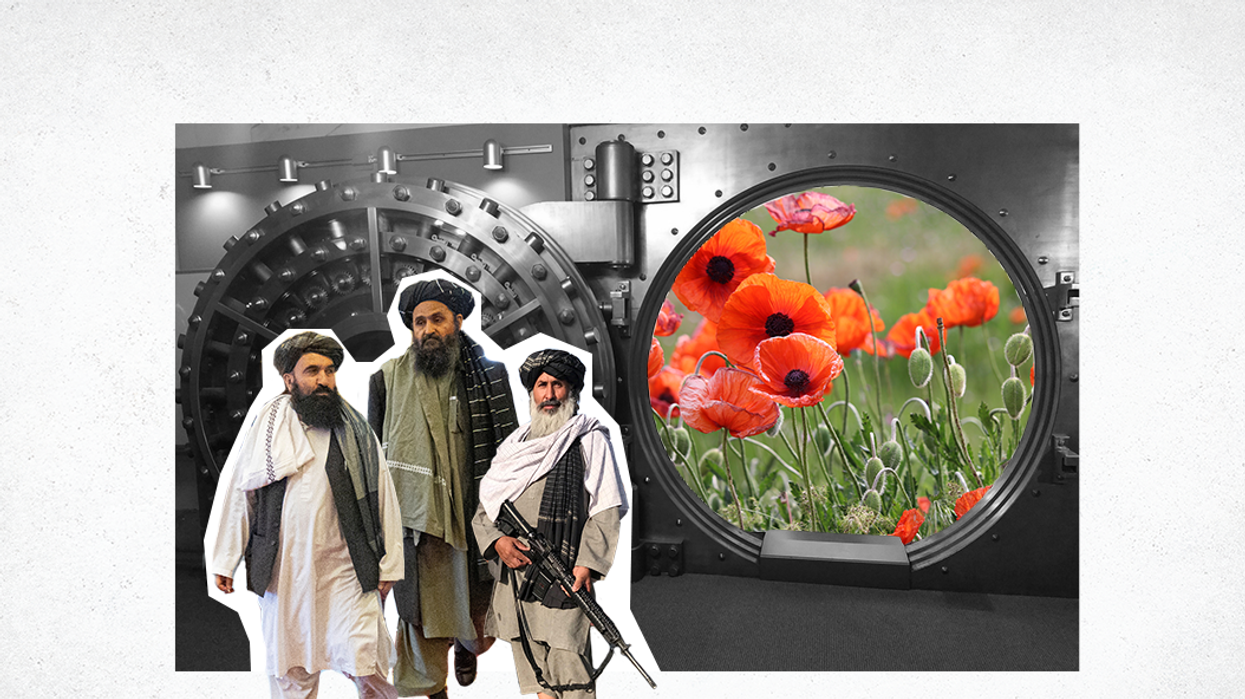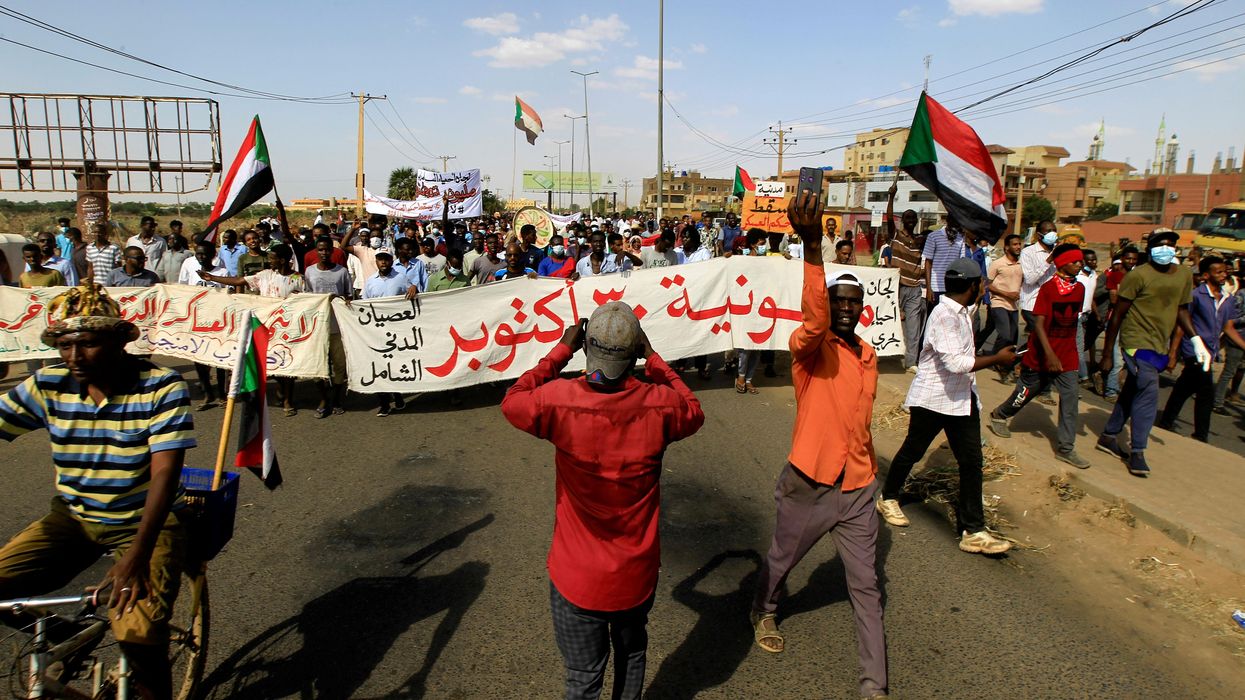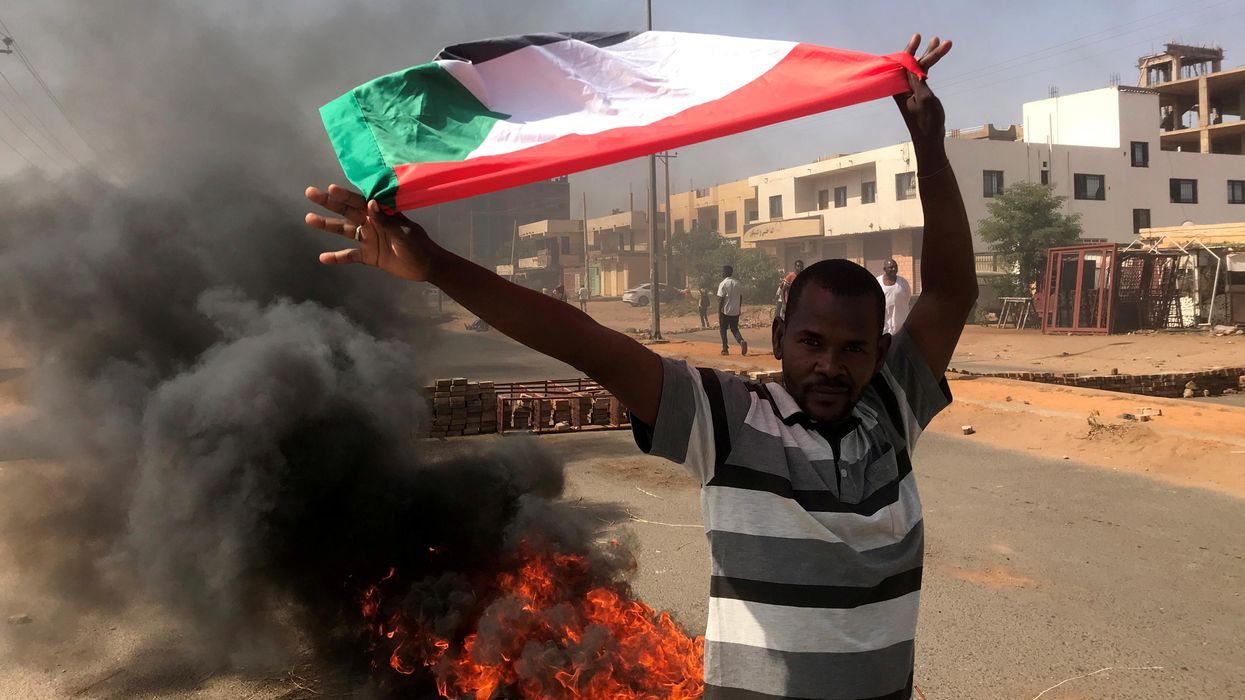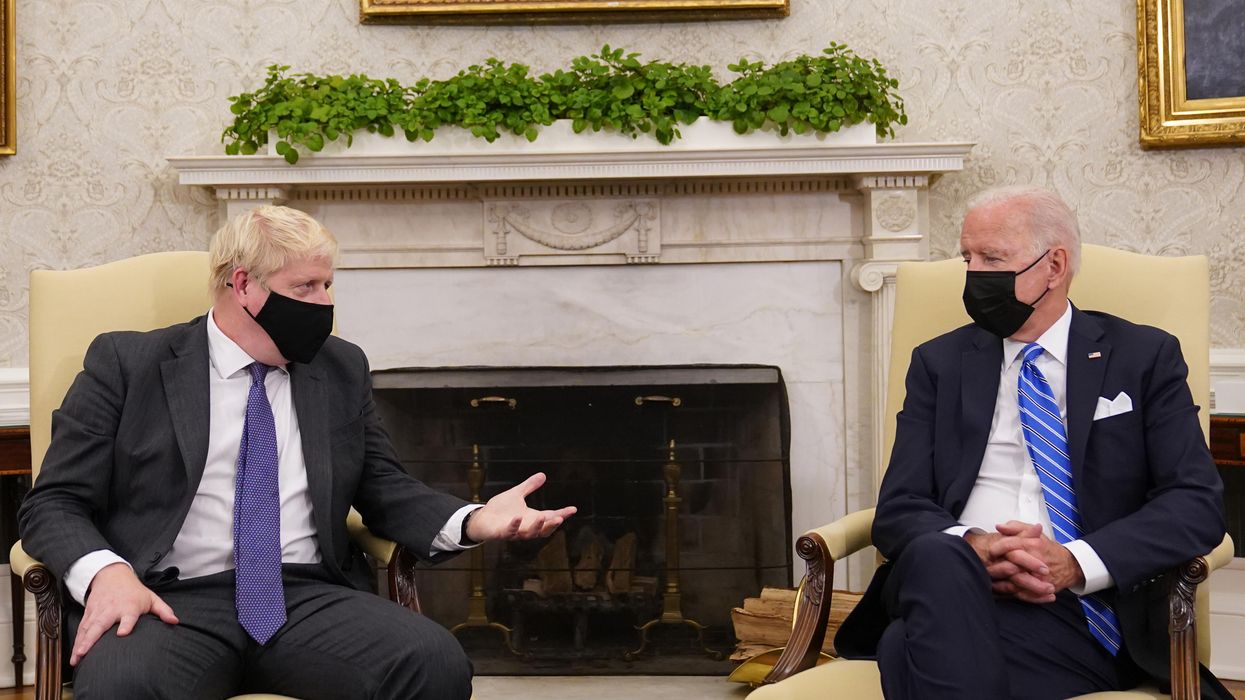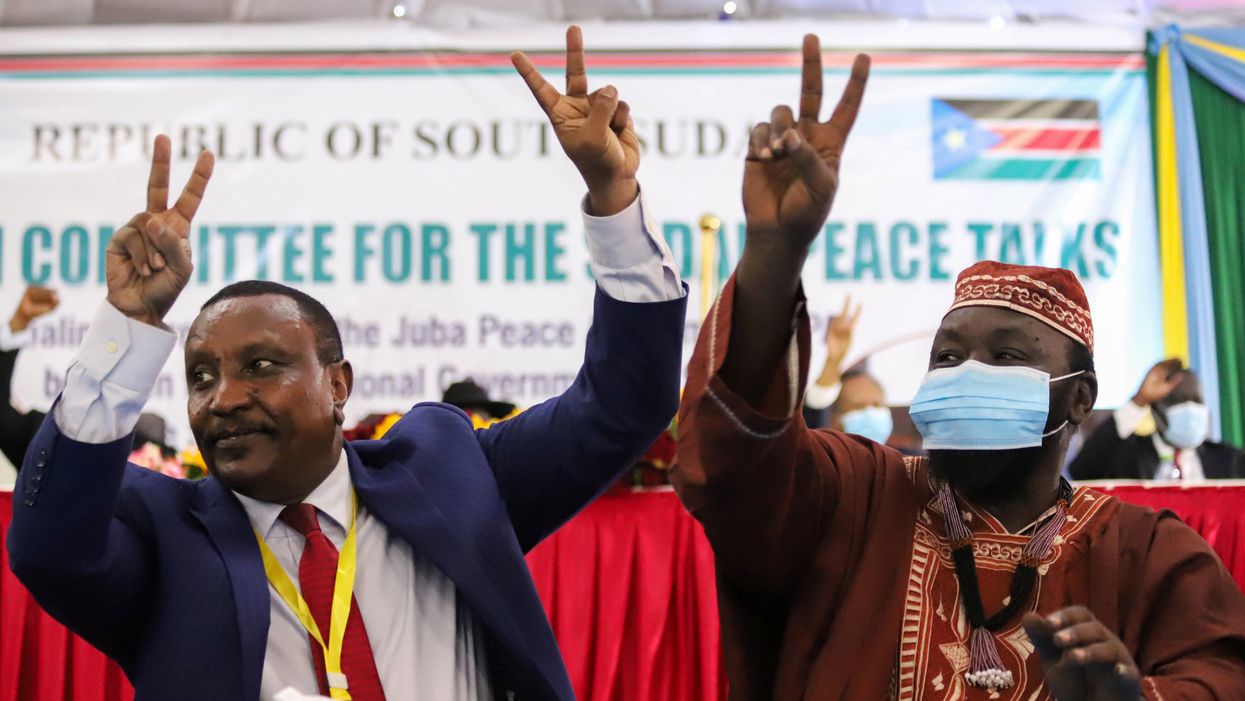News
Why Sudan’s crisis is a regional affair
Fighting rages on in Sudan. But this conflict isn’t just about Sudan. A host of regional heavyweights with their own strategic interests in Sudan – and the Horn of Africa more broadly – have helped fuel the current political crisis and are closely watching events unfold.
Apr 18, 2023
